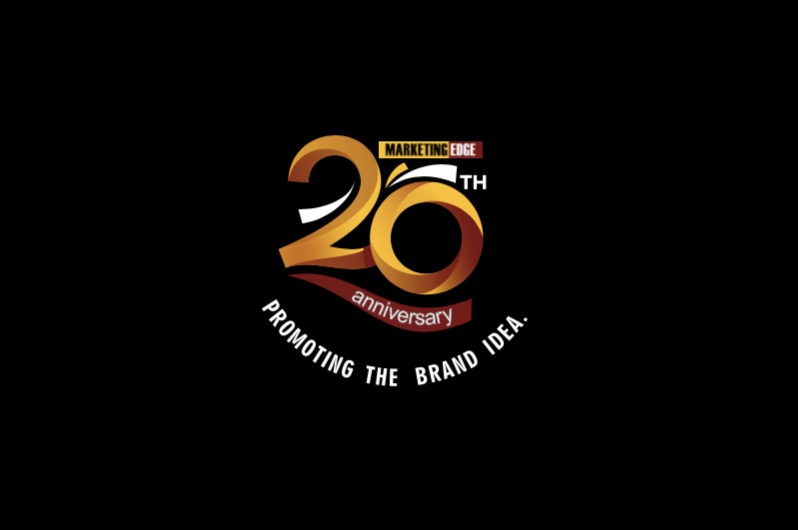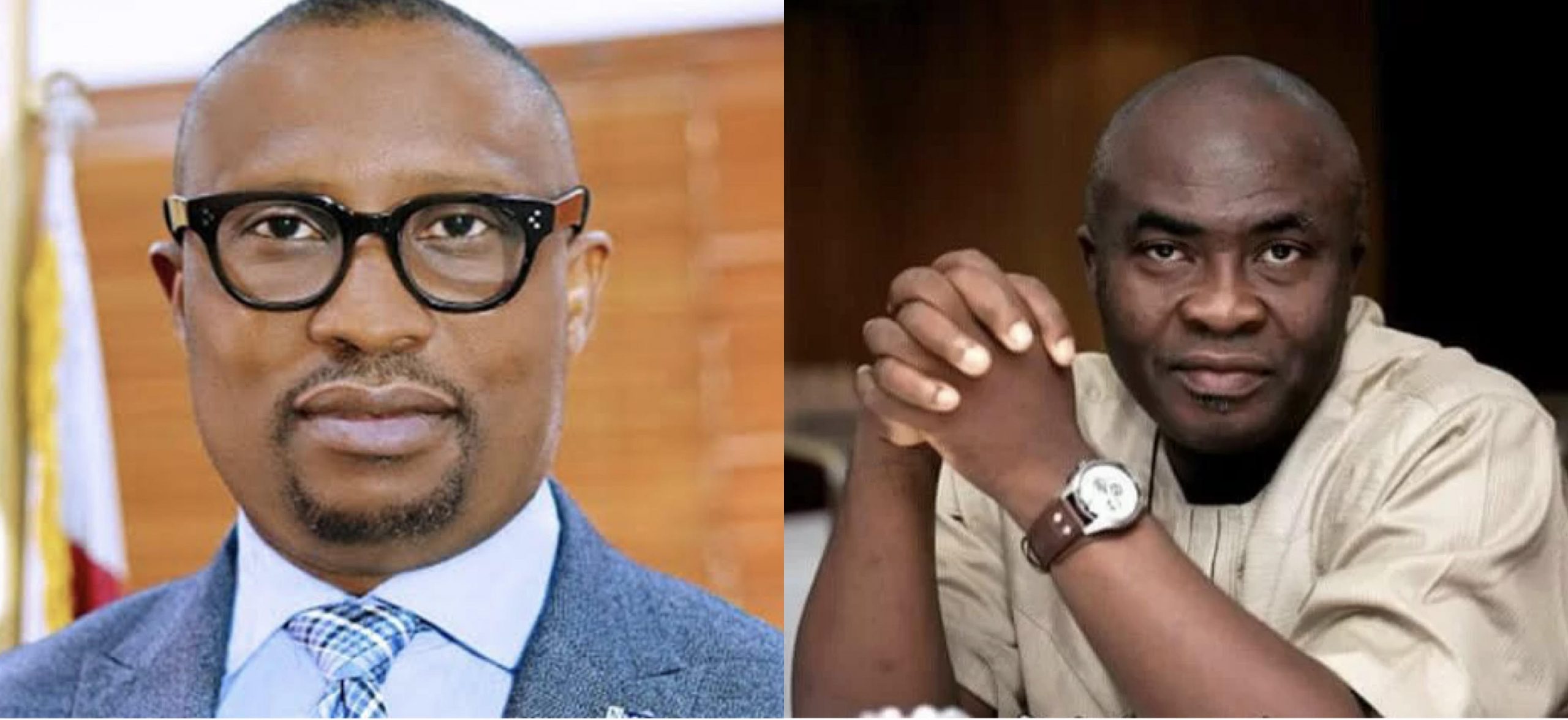By Zion Rufus
Public relations professionals have decried the practice of PR clients requesting to see a reporter’s article before publication and even wanting full editorial control.
Tagging the practice unprofessional, unethical, and counterproductive, these experts stated that the move undermines the integrity of the publication, slows down the editorial process, and damages the relationship between PR firms and the media.
They advised that PR clients should instead trust the process, focus on building strong relationships with journalists and publications, and leverage earned media to earn the attention and coverage they deserve.
Parry Headrick, Founder of Crackle, a PR Agency said in a recent tweet, “In PR, we can’t read the reporter’s article before it’s published. That’s not how it works.”
By requesting to see the article before publication, PR clients are effectively saying that they do not trust the journalist or publication to do their job. This undermines the relationship between PR firms and the media, making it harder to secure coverage in the future.
“The annoying part is when clients and PR firms continue to ask if they can read the article ahead of publication. Almost always, they will not be able to resist changing things for changes sake, rather than for accuracy purposes,” Sharon Greene, founding editor of SHE DEFINED said in a LinkedIn conversation on a similar topic.
She stated further: “This slows down the entire editorial process which is a huge reason why we don’t allow it. I agree with you that you’ve simply got to trust the process as this is how earned media works. The PR firms who make the process as smooth as possible will often be rewarded with more press opportunities in future.”
Tolulope Olorundero, PR Consultant and CEO of Mosron Communications, says it is an improper practice for PR clients to demand to see the article first before it goes live.
According to the PR consultant, the process involves extensive research of relevant media platforms that publishes a particular type of story, even more detailed research to identify the exact reporter who writes on similar stories – then pitching to said journalist with relevant data and topical stories that is worthy of being termed ‘news’.
“When such a process is followed, the PR would actually be doing its job of drawing the attention of journalists to a story that may have been missed. There would be no cause to request for an article in such an instance because the PR professional’s research would have helped them shortlist and engage professional journalists whose editorial integrity can be trusted,” she said, adding however that when articles or news stories are on a pay-to-publish basis, it is certainly understandable that the person who is paying should be able to dictate the tune the piper plays.
For Emily Hodkins, EVP head of corporate communications, fact-checking is not the same as copy editing for advertorial.
“All PR and communications crusaders should pencil in this post on repeat every 3 months to remind everyone that it’s called ‘Earned’ for a reason,” she added.
Buttressing Hodkins’ premise, Helen Akue, a brands and communications consultant stated: “Fact-checking is not the same as copy editing for an advertorial. While fact-checking is essential to ensure accuracy, allowing PR clients to make changes to an article before publication can compromise the integrity of the publication and the journalist’s work. Moreover, it slows down the editorial process and can result in missed deadlines.”
One of the key principles of earned media is trust. Journalists and publications have built their reputation on delivering accurate and unbiased news to their readers. The best way for PR clients to leverage earned media is to focus on building strong relationships with journalists and publications.
“I’m glad even PR companies know it out there that it’s unprofessional to demand to go through a piece before it goes to publication,” said Dominic Kirui. “Because that’s how I’ve killed a lot of my stories. Once I explain to you that it’s not what I’d do and you still demand it, then it looks to me that you actually don’t need a journalistic piece but rather a PR story out there. So, I’ll pave the way for you to gladly go to publication with your own piece and version of the story. I lose faith in you because it appears that you don’t trust my skills and professionalism.”
“Just let us do the job that we both know we are good at,” Kirui added in the LinkedIn conversation.
Furthermore, earned media is not about control; it’s about earning the media’s attention and coverage through compelling stories and newsworthy angles. By relinquishing control and trusting the process, PR clients can benefit from increased credibility and trust in the eyes of the media and their target audience.






Comment
No comments found.